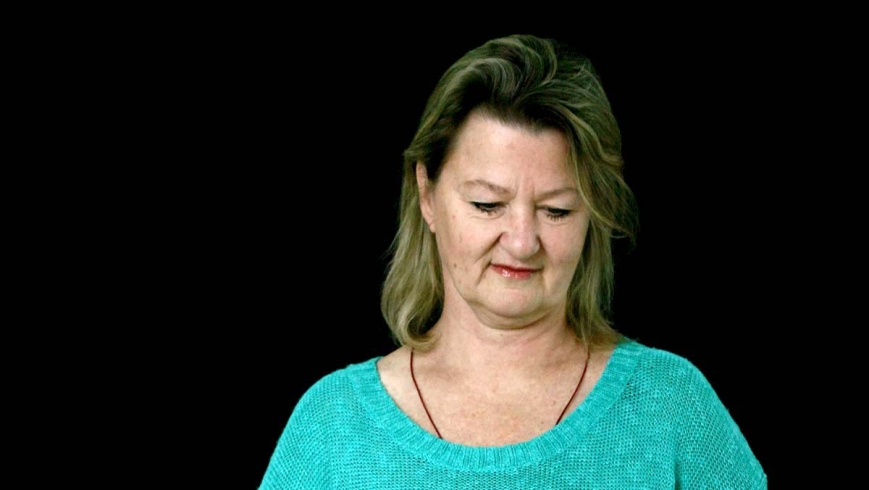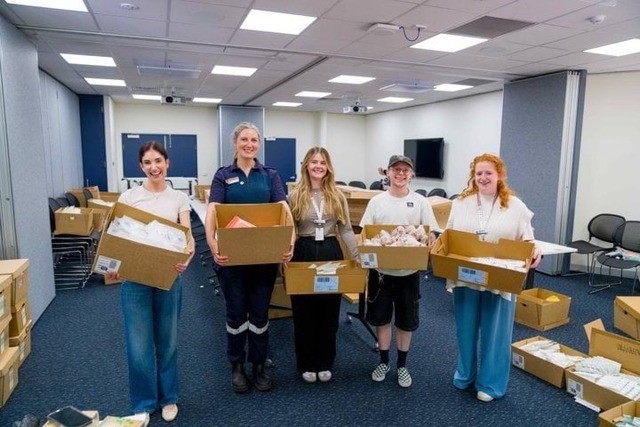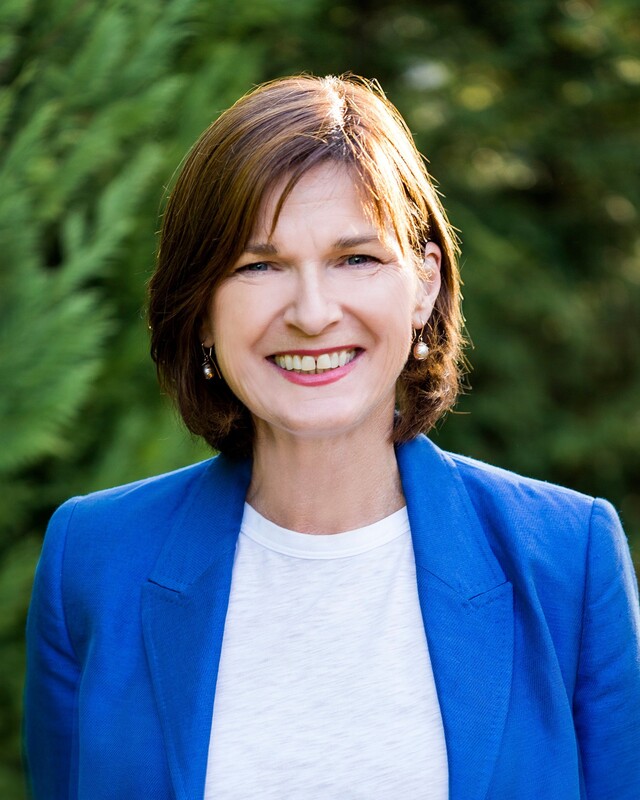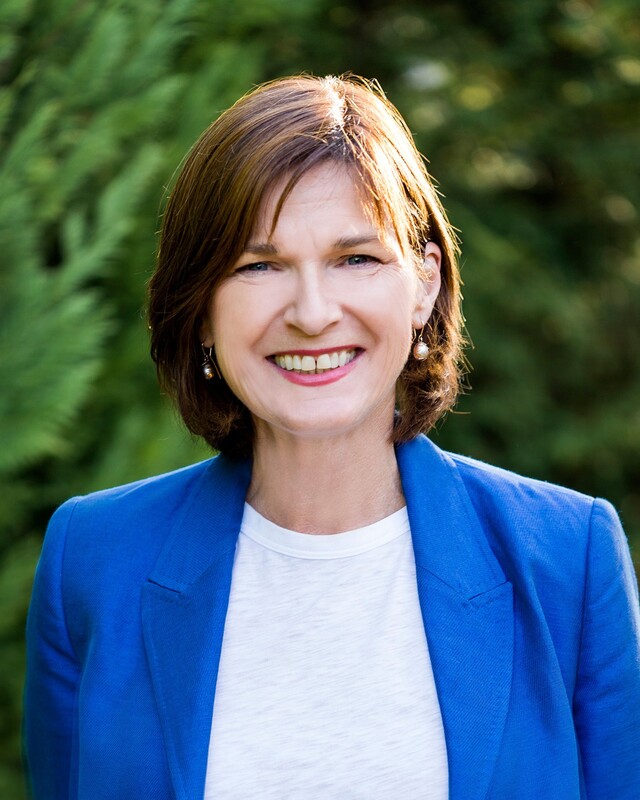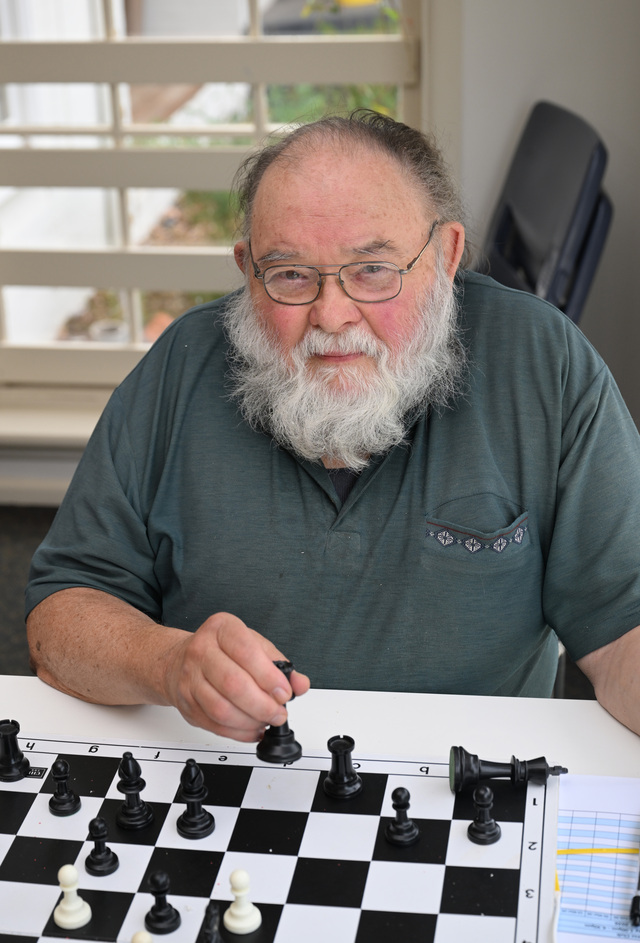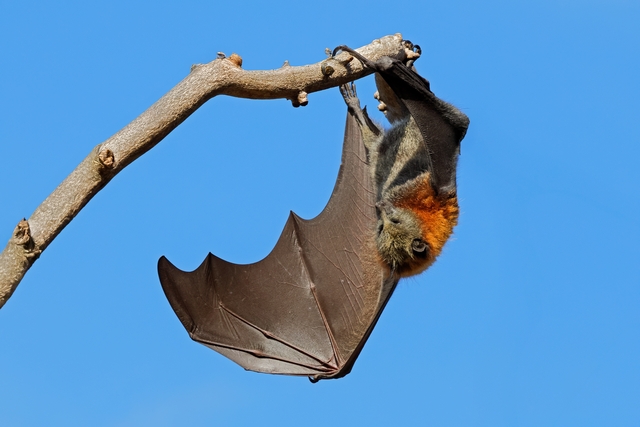Sue Pieters-Hawke tells a great story about being six years old when her father, Bob Hawke, was launching his political career. Hawke stood (unsuccessfully) for the seat of Corio in the 1963 federal election, which meant the family lived in Portarlington on the Bellarine Peninsula for a while.
“I remember tramping around farms with him,” Pieters-Hawke says. “I was fascinated [by politics] even then. I remember when he came home on election night – they wouldn’t let me go to the tally room – I made him promise he’d wake me up and he did. I said, ‘Did you win, daddy?’ ‘No’, he said, and then he started explaining about DLP preferences.”
It’s a touching vignette from the life of the Hawke family, so deeply immersed in politics of one form or another for so long. And it’s hard not to love the idea of a six-year-old being schooled on the preference system at midnight.
It’s hard to imagine a better campaigner for the issue of dementia than Pieters-Hawke. Eloquent, passionate and decidedly no-nonsense, she has a deep understanding of the condition, and the effect it has on the sufferer and those who look after them. She was, after all, the main carer* for her mother, the much-loved Hazel Hawke, who died in May after some years living with dementia. (*Carers Week, 13-19 October)
We’ve met at the Darebin Arts Centre, where Pieters-Hawke has just delivered a presentation to carers. She often speaks to those who have a partner at an early stage of dementia, as well as people who work helping provide services or support.
“Dementia is a condition of symptoms that affect reasoning, thinking, behaviour, memory, perception, cognition, emotions, depending on where the brain damage is,” she says. “There are over 100 different causes of it and Alzheimer’s is the best known.
“I talk about how important it is to connect with other people and learn about their experiences,” she says. “I talk about practical realities, ways to adjust thinking to make it a more productive and valued experience, both for ourselves and for the people we care for. And the importance of caring for ourselves as carers. It’s the oxygen-mask principle – you know the safety demonstrations on a plane. We’re no use to anybody if we don’t look after ourselves. A lot of carers don’t think to treat themselves as important. We tend to place ourselves last.”
Learning how to care for a loved one with dementia is a “steep learning curve”, she says. “We are in situations where we’ve got a lot of grief or fear, hard stuff. As things change, you grieve some of the changes. I argue against us looking at a person as being lost. They’re changing. They are still fully experiencing their lives and that’s one of the things I talk about that’s very important, that we not be dismissive of their experience because they’re changing.
“Dementia causes changes in the brain, which causes change in perception, processing, reasoning and behaviour. But there are things we can learn and adjustments we can make that can help us relate to that in a positive way.
“That doesn’t mean we don’t grieve those changes. We do. But if we reframe how we look at it away from the historical, very negative views of people with dementia, we can bring a much more positive set of attitudes to bear and we can also often create quite different outcomes.”
Pieters-Hawke has written two books on the subject, Hazel’s Journey (2004), the story of her mother’s experience with Alzheimer’s, and Hazel – My Mother’s Story (2011), a biography.
I asked Pieters-Hawke about her mother’s illness. “It’s gradual. You can have the disease for many years before you get the symptoms of dementia. In mum’s case it was gradual. There were different things to do with memory, with how she processed stuff, with being a bit more emotionally reserved. And you wonder. She didn’t want to go for diagnosis so I didn’t push her. And I didn’t understand then that there can be advantages in giving a diagnosis. Eventually that point came.
“Then there came a time when you had to go round and help her get ready and be there and manage the timing [of outings], from her doing her own medication, to me making them up for her and then she got confused, so I had to give them to her each day.”
Pieters-Hawke went round to her mother’s every day, and then moved in next door to her. For five years she was able to care for her at close range. Did it enrich Pieters-Hawke’s life?
“Yes. And at times it was also very difficult and challenging, I could work less … There is the heartache and the overwhelm that a lot of carers grapple with.
“There were times when I was not in good shape and didn’t do well. But also it’s a massive enrichment. You can return something to somebody who’s given you so much, who you love. You care about the quality of their life so you do what you can to make a difference in that. There are a lot of funny moments and companionable moments and sweet moments, too.”
“[Brother] Stephen and [sister] Ros came over when they could. I was mostly the primary person. My son and daughter were teenagers in the early stages and they were fabulous with mum. Grandchildren of people with dementia I think shouldn’t be protected, they should be included. That’s another reason for important and accurate information.
“For younger children there are some good books out now such as Why Is Grandpa Different? To protect kids from the realities of life does them no favours. My kids are richer people [for this experience]. In the nine days before mum died we were all with her and the kids were there, too, and when she died. We have such ‘avoidant’ attitudes towards death that we suffer more than we should. It’s sad to lose somebody, but it is in the natural order of things.”
She was very moved by the national grief when her mother died. “I was a bit amazed by the scale of it, to be honest,” she says.
“I was moved by the absolute genuineness of the affection and respect. Very moved, very grateful and very appreciative of it.”
I say that Hazel was regarded as a wonderful, warm, energetic and generous person. “Well, they were right in that respect,” she says. “Mum was incapable of artifice. She couldn’t tell a lie to save herself. What you saw was what you got.”
Growing up a Hawke wasn’t always easy, she says. “I recall something my mother always said – ‘It’s roundabouts and swings’. There were aspects of it that were difficult, but there were also enormous privileges and opportunities.
“There was a sense of exposure sometimes when you don’t want it, people judging and not having a clue. But there are also opportunities in what you learn and what you’re exposed to.
“I had two fabulous parents as role models in life, each in very different ways. Very different people. You’ve said a fair bit about mum, and I think with dad there was a wholehearted commitment to being of service to the wider community. I never doubted the authenticity of his motivation.
“I was very much inculcated with a sense that life lived just for your own selfish concerns is not a particularly valid or satisfying way, that the contribution is the stuff that holds community together.”
Was it an interesting ride? “Dad did interesting things with interesting people, faced interesting issues. You learn a lot.”
Pieters-Hawke has used her profile to advance the cause of dementia awareness. “Once mum went public with having dementia – and people had the affection and respect and regret that they felt for her – I think it created a space in which to continue the work of advocacy that wouldn’t have happened with anonymity,” she says. “Your experience isn’t different at the end of the day, it just gives you a bit more of a platform to connect with people.”
Pieters-Hawke lives in Sydney and is “happily single” after separating 10 years ago. “I get on very well with my ex-husband. He’s working in France and I’ve just been over and spent some time there. He works at a Buddhist retreat. I did a retreat and he looked after me, so that was nice.”
She says she loves being single. “You can be legitimately selfish. I spent my first 25 years growing up. My next 25 years very happily dominated by other people and their needs. Happily, you’re considering other people all the time. Now I can do what I bloody well like and I love it! It’s sort of like when you leave university and the world’s a blank canvas. I feel like that again. It’s fantastic.”
She is a Buddhist. “I don’t bang on about that, but that is quietly very important to me,” she says. “I call myself a small-b Buddhist.”
She is close to her family and often visits her father, now aged 83. “I had dinner with dad and Blanche the other night. Family’s still very important.”
I asked about an incident at Brisbane Airport in 2011 when d’Alpuget and Pieters-Hawke reportedly had an altercation and police were called. “It’s a load of nonsense,” she says. “It’s nobody’s business. Look, shit happens in families. It’s nothing more than ‘Yeah, that shit happened’.”
They’re good now? “I wouldn’t do it [visit them] otherwise. As I said, I’m selfish now.”
The issue was reportedly sparked by Pieters-Hawke’s view that in d’Alpuget’s writing on Bob, Hazel was not adequately represented. “As is well known, I think there were certain misrepresentations made,” Pieters-Hawke says now. “I don’t think that it was done maliciously or deliberately, they didn’t know each other well, and had no reason to like each other. But I don’t think there was any ill will or anything like that.”
Meanwhile, in her writings and presentations, Pieters-Hawke has a lot of work to do to try to raise awareness of dementia. She talks about the “baggage” of dementia, which she wants to break down.
“It has such a spectre of negativity, of inevitability and of powerlessness – you don’t think there’s anything you can do. That’s one of the reasons we have to change our thinking.
“My vision is to create a dementia-literate, dementia-friendly society so that when somebody receives a diagnosis, it’s still going to be tragic, but it’s not going to carry all the prejudicial, ‘There’s nothing I can do to make a difference’, stuff that goes with it.”
pwilmoth@theweeklyreview.com.au
Sue Pieters-Hawke will share her experiences of caring for her mother on:
October 23, 7:30-9am at a Rotary Club breakfast at East Ivanhoe Bowling Club, 153 The Boulevard, Ivanhoe East. Bookings: www.trybooking.com/DOMF
October 28, 10am-noon at Alzheimer’s Australia, 1/318 Pakington Street, Newtown, Geelong. Bookings: 5229 6979
Alzheimer’s Australia National Dementia Helpline: 1800 100 500.

